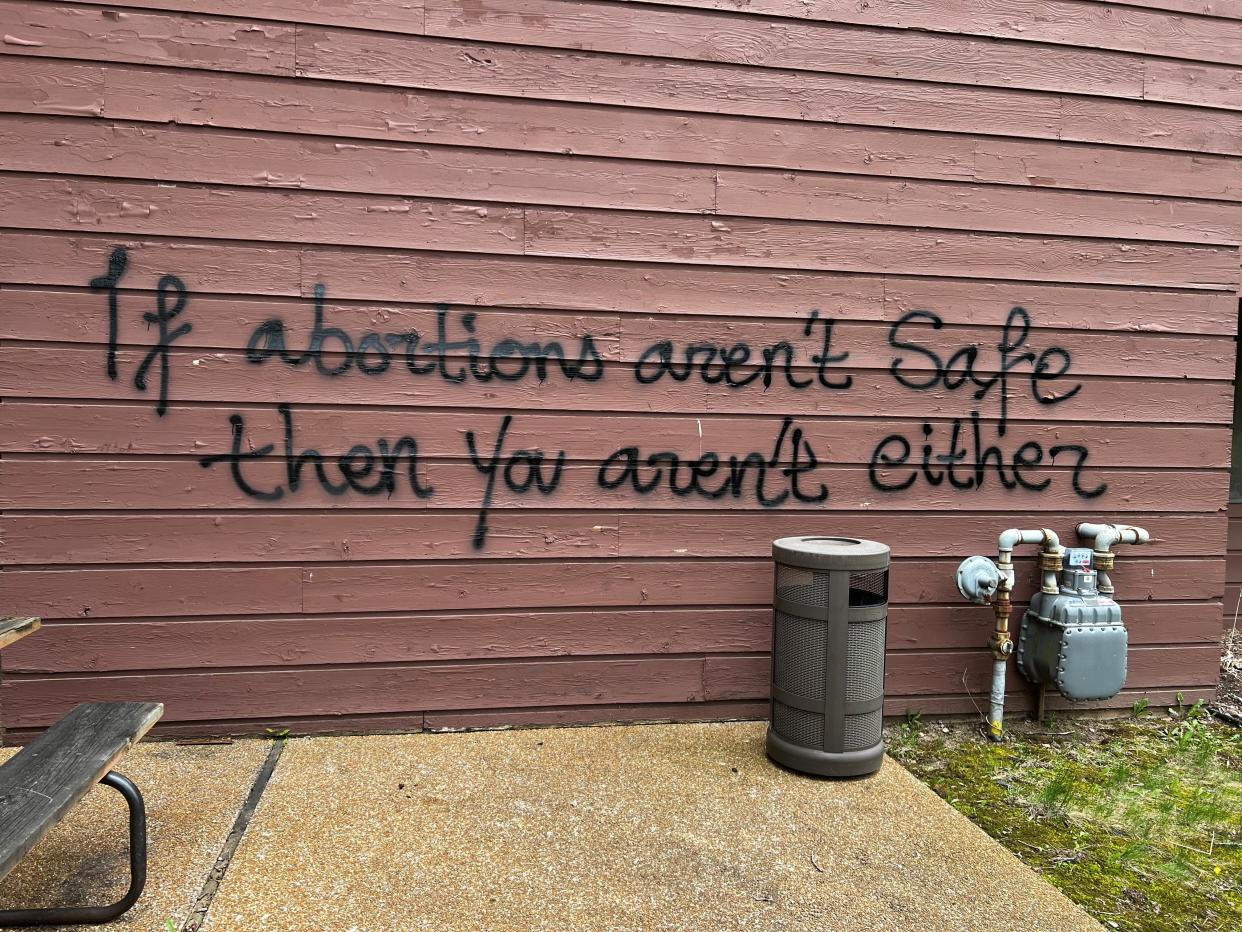Man seeks dismissal of charges in firebombing of anti-abortion group Wisconsin Family Action's Madison office

MADISON – The man indicted in the May 2022 firebombing of a prominent anti-abortion group's office in Madison is seeking to have his case dismissed.
An attorney for Hridindu Sankar Roychowdhury filed the motion on June 6, arguing the federal arson statute under which Roychowdhury was charged is unconstitutional.
“Namely, it exceeds Congress’s commerce clause power and violates the Tenth Amendment,” attorney Joseph Bugni argued.
Roychowdhury is also asking the court to suppress a search warrant for his home, materials obtained in the execution of that warrant and information obtained by searching his cell phone when he was arrested.
Roychowdhury, 30, was arrested in March and indicted by a grand jury in April. He is charged with one count of attempting to cause damage by means of fire or an explosive.
He pleaded not guilty in April.
Federal prosecutors accuse Roychowdhury of efforts to "terrorize" and "intimidate" by vandalizing and setting a fire in the Madison offices of Wisconsin Family Action in spring of 2022. Madison Fire and Police departments responded early in the morning on May 8, 2022, to a 911 call reporting flames coming from the organization’s office on Madison’s north side.
The incident occurred days after a leaked draft indicated that the U.S. Supreme Court was about to overturn Roe v. Wade, its 1973 landmark decision legalizing abortion.
“If abortions aren’t safe then you aren’t either” was painted in cursive on the building’s outside wall, along with the “anarchy” symbol and an anti-police slogan.
An investigation by the Bureau of Alcohol, Tobacco, Firearms and Explosives determined the fire was started using a device "consistent with the appearance and components of a Molotov cocktail," according to the criminal complaint.
Investigators used DNA evidence, surveillance and social media to track down Roychowdhury nearly a year after the incident took place. Key elements in the investigation included an apparent handwriting match in another graffiti incident and DNA obtained from a half-eaten burrito discarded in a garbage can.
In his motion to suppress, Roychowdhury’s attorney argued the affidavit did not establish a connection between the crime and the home, nor did it offer a reason for extending the search to include all electronic devices found in the home. Bugni also argued there were no allegations tying the electronics seized during Roychowdhury’s arrest to the crime, and that the time (37 days) between seizing those devices and applying for the warrant to search them was “unreasonable.”
“The questions here are narrow and focused not on whether there is evidence to suspect Roychowdhury of the arson — but whether there is additional evidence tying it to the residence or the devices. Here, the affidavit is silent on both,” he wrote.
The U.S. government has until July 10 to respond to Roychowdhury’s motions to dismiss and suppress. The court will start considering trial dates in August, with a scheduling conference on Aug. 30.
If convicted, Roychowdhury faces a mandatory minimum penalty of five years and a maximum of 20 years in prison.
Our subscribers make this reporting possible. Please consider supporting local journalism by subscribing to the Journal Sentinel at jsonline.com/deal.
DOWNLOAD THE APP: Get the latest news, sports and more
This article originally appeared on Milwaukee Journal Sentinel: Man seeks dismissal of charges in arson at anti-abortion group office

